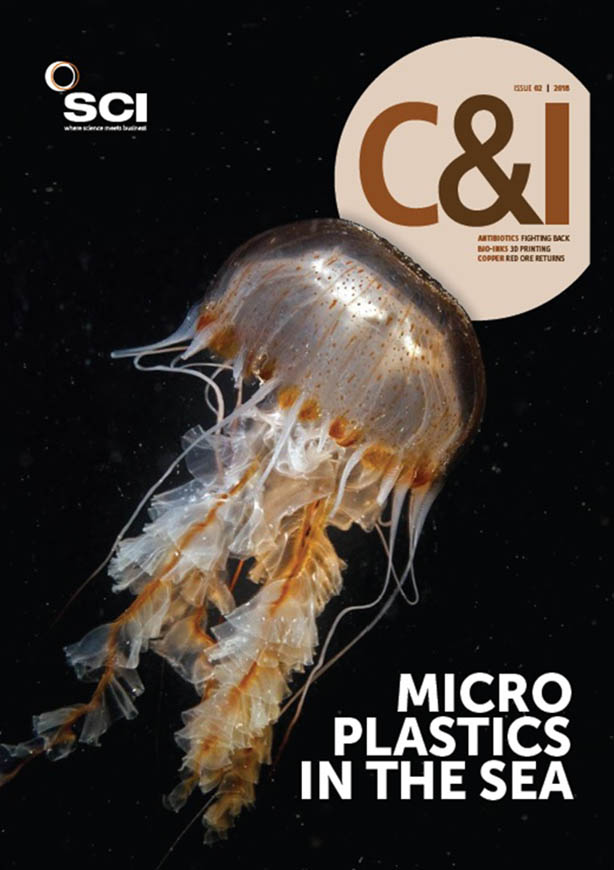To be launched in April, the new funding organisation UK Research and Innovation (UKRI) will bring together the seven Research Councils, Innovate UK and the newly formed Research England. Led by Sir Mark Walport, above, UKRI should create a more integrated landscape for funding and for exploiting the UK research base. Its three objectives are to advance knowledge, deliver economic impact and make society healthier and more sustainable.
‘The creation of UKRI is coming at a time where we’re building on a very strong research base in the UK,’ commented ‘shadow UKRI’ senior strategy advisor Gemma Bridge, speaking at a recent Westminster Higher Education Forum. ‘The UK has the most productive research base in the G8 in terms of papers and citations per unit of R&D expenditure and ranks first among comparable major research nations for Field Weighted Citations Impact and fifth in the Global Innovation Index in 2017.’
International collaborations are the key to its success, she said; 51.3% of UK articles in 2014 were internationally co-authored. UKRI will receive £110m for a new international collaboration fund from the £4.7bn allocated to R&D in the 2016 autumn statement.
Kevin Baughan, deputy chief executive of Innovate UK, said its mission will be largely unchanged. ‘We are there to accelerate UK economic growth through funding and connecting business-led innovation. The core of what we do fits very well with knowledge, economy and society.’
With the demise of the Higher Education Council for England (HEFCE), Research England ‘will have a lot of the DNA of HEFCE’ in funding English universities, explained Alice Frost, HEFCE head of knowledge exchange policy. It will also work with the Department for Education’s Office for Students to ensure a supply of STEM graduates and in deciding how Research England funds knowledge exchange through Higher Education Innovation Funding (HEIF).
A big advantage of being part of UKRI, she said, is that there is now more money for university research. As part of its Industrial Strategy, the government is increasing HEIF’s annual budget from £160m to £250m. In addition, Research England expects some money from the National Productivity Investment Fund (NPIF) for ‘commercialisation and working with business’, and there will be an additional one-off £100m allocated to a Connecting Capability Fund for three years to help universities deliver on commercialisation by working collaboratively.





